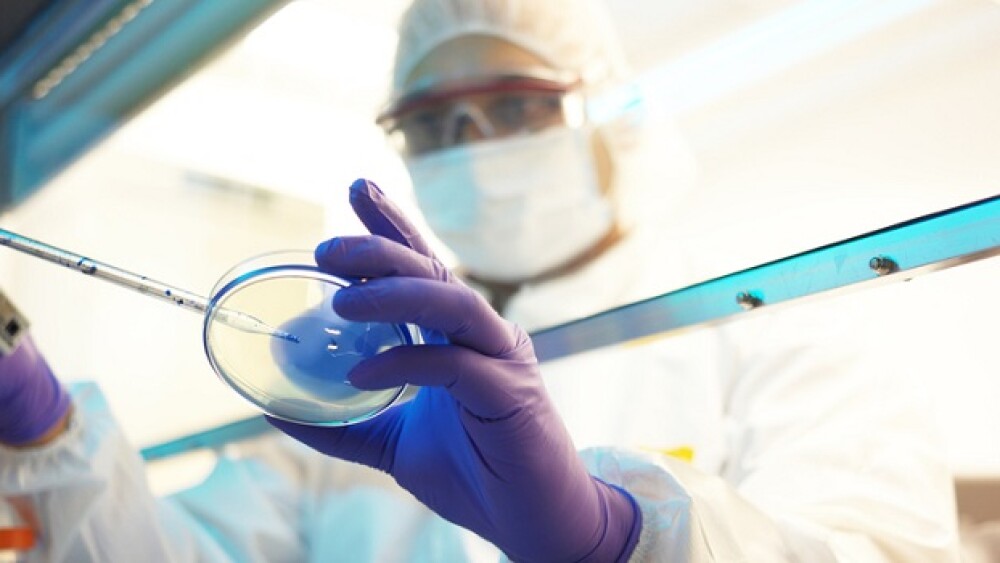The research and development sector needs workers with specific skills to succeed. To help you decide if this role is right for you, here are the top 10 R&D scientist skills in high demand.
Today’s research and development sector needs workers with specific skills to succeed. A Ph.D. is increasingly important for those looking to enter R&D, but there are also other valuable qualities that can boost a candidate’s chances.
Necessary R&D skills include data analysis, problem-solving and communication, but also more specialized skills such as the ability to use various laboratory equipment, interpret scientific literature and knowledge of regulatory requirements.
10 R&D Scientist Skills in High Demand
Let’s take a closer look at these top skills, discover how to acquire them and learn how they can help you succeed as a scientist.
Data Analysis
As a scientist, it is important to be able to analyze data and interpret results accurately. This skill is essential for any R&D position and can help you make better-informed decisions when working in the lab. Examples of data analysis skills include statistical modeling, data cleansing and database querying.
Technical Ability
Technical ability is a must-have skill in the R&D sector - your ability to do hands-on work with laboratory equipment and software. This includes proficiency with laboratory equipment, computer programming languages, and coding software like MATLAB or Python. Knowing how to use these tools can help you develop better experiments and obtain more accurate results to be able to identify and solve problems quickly.
This skill involves evaluating the situation, analyzing the data and generating solutions while keeping the organization’s objectives in mind.
Experimental Design
Experimental design is the process of creating experiments that measure the effects of different variables on outcomes. This skill involves analyzing data to identify patterns and relationships between variables, developing hypotheses and models, drawing conclusions from results and presenting findings in a clear way.
Knowledge of Chemistry
Chemistry is an important part of many research and development projects. Knowing the fundamentals of this subject, including principles in organic and inorganic chemistry, can help you understand how different elements interact and influence experimental results.
Formulaic Thinking
Being able to write formulae and solve equations is a needed skill for R&D scientists. This includes knowing the basics of calculus, linear algebra, geometry, trigonometry and other mathematical subjects that are essential for analyzing data and presenting results.
Some examples of skills associated with this field include creating mathematical models and simulations to test hypotheses so that results can be better understood.
Collaboration
Collaboration is a key skill that R&D scientists must possess. This involves working with other people to complete projects and tasks, as well as being able to work independently when needed. A successful scientist should be able to communicate ideas effectively, work together to solve problems, coordinate experiments, and present data in a meaningful way.
HPLC
The ability to use High-Performance Liquid Chromatography (HPLC) or other analytical techniques is essential for R&D scientists. This involves understanding the principles of this analysis method and operating it properly to get accurate results.
HPLC is the most commonly used technique in the life sciences and is used to separate and analyze various components in a sample. Knowing how to use this type of equipment is essential for any R&D scientist to be able to measure and monitor changes in a sample.
Sampling Techniques
Sampling techniques are used to obtain data for research and analysis. Knowing the basics of sampling techniques, such as simple random sampling, stratified sampling, and cluster sampling, is vital to be able to collect accurate data that can help you make informed decisions on the project or experiment you are working on.
Biologics
In biologics research and development, understanding the fundamentals of biology is critical. This includes knowledge of cell structures, principles of genetics, processes that occur within a cell, and an understanding of different organisms and their interactions. Successful scientists should be familiar with these concepts to interpret results better and understand the implications of their experiments.
Creativity
Creative and innovative thinking is essential for R&D scientists to develop new ideas to solve problems or develop better products. This skill involves identifying patterns and trends in data, thinking outside the box when it comes to solving problems, and finding creative solutions to complex issues. All of the best projects start with a creative idea, so developing new ideas is essential to R&D.
Standing Out Among Your Peers
All-in-all, the skills that set R&D scientists apart from their peers are essential for standing out. Pursuing an interest in a particular area, taking on projects outside of your major, and engaging in collaborations with faculty members or other high-standing individuals help distinguish you from the rest.
Reading BioSpace‘s job postings is also a great way to get a good idea of what skills and competencies employers are looking for. With the right combination of knowledge, experience, and soft skills, you can become a leading R&D scientist in your field.





